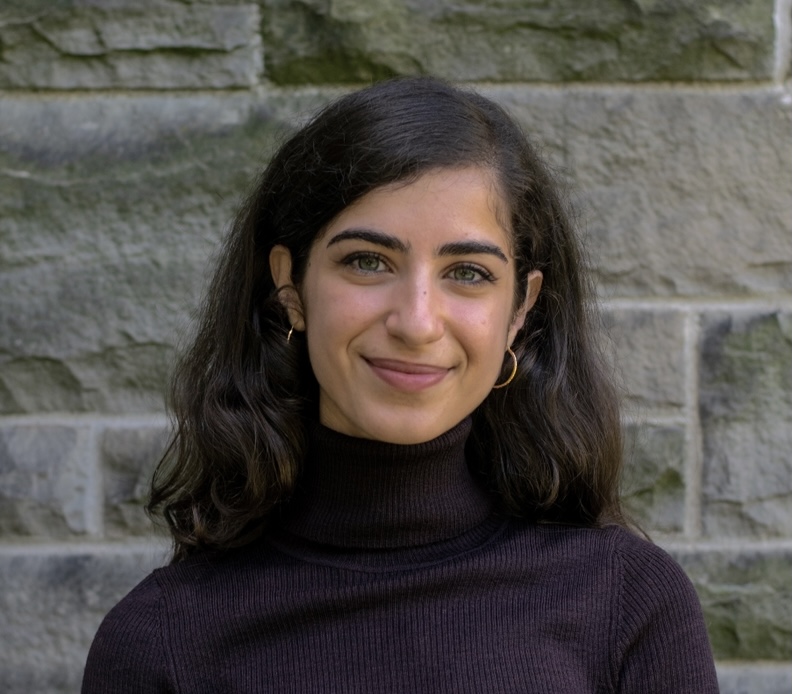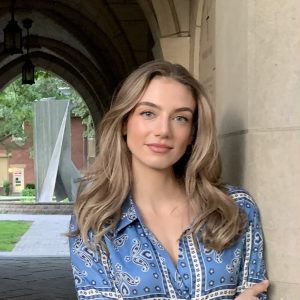
Principal Investigator
Jason Plaks, (PhD, Columbia University, 2001)
Professor
Department of Psychology
University of Toronto
-NOT ACCEPTING NEW GRADUATE STUDENTS DURING 2025-2026 APPLICATION CYCLE.
Current Graduate Students
William Staples

My studies examine how people view the actions of actors based on the actors’ intentions. Specifically, I want to know how someone is judged when they act while focusing on the execution of the actions versus the reason for committing the action. Along with Dr. Plaks, I am researching how factors such as race can influence these sorts of judgments.

My primary research interest is moral judgment. More specifically, I am interested in how certain qualities about the actor (e.g., their intentionality, competence, usefulness to us, our relationship with them, etc.) can influence our moral judgments of them. With Dr. Plaks, I am exploring these questions within the context of human-robot interaction.
Victoria Oldemburgo de Mello

Victoria is broadly interested in how people perceive and are affected by technology. In her current research project, she is investigating how we can change perceptions of humanness in machines and, in turn, the level of confidence in machines.
Debanjan Borthakur

My research interests are in social psychology and neuroscience. I am interested in the neural and psychophysiological correlates of fair and unfair behaviour in the context of human-robot interaction. I am particularly interested in how varying the psychological characteristics of robots can influence their level of trustworthiness and associated neural and psychophysiological activations in human interaction counterparts.
Sandrine Toudjui Pougoue

My research focuses on how trust is formed, maintained, and repaired in human-robot interaction. I aim to uncover and understand the underlying psychological mechanisms / variables that increase human willingness to engage with robots or artificial intelligence.
Benjamin Lawson

My primary research area is political psychology. My studies are focused on gaining a better understanding of how people form their political opinions, as well as how we can reduce political polarization in the context of LLM based chatbot interventions. I am particularly interested in how people’s perceptions of various social groups being closer or farther from them politically can impact how they evaluate political information or messaging that invokes an association with these social groups.
Lab PhD Alumni
Youval Aberman, Meta
Xiaowen Xu, Assistant Professor, College of William & Mary https://www.wm.edu/as/psych-sciences/facultydirectory/xu_xiaowen.php
Jeff Robinson, Registered Psychotherapist
Caitlin Burton, Office of the Dean of the Faculty of Arts & Sciences, University of Toronto
Lori Malahy, Research Manager, Instagram
Nicole McNichols, Associate Professor, University of Washington https://psych.uw.edu/directory/2464/%22
Kristin Stecher